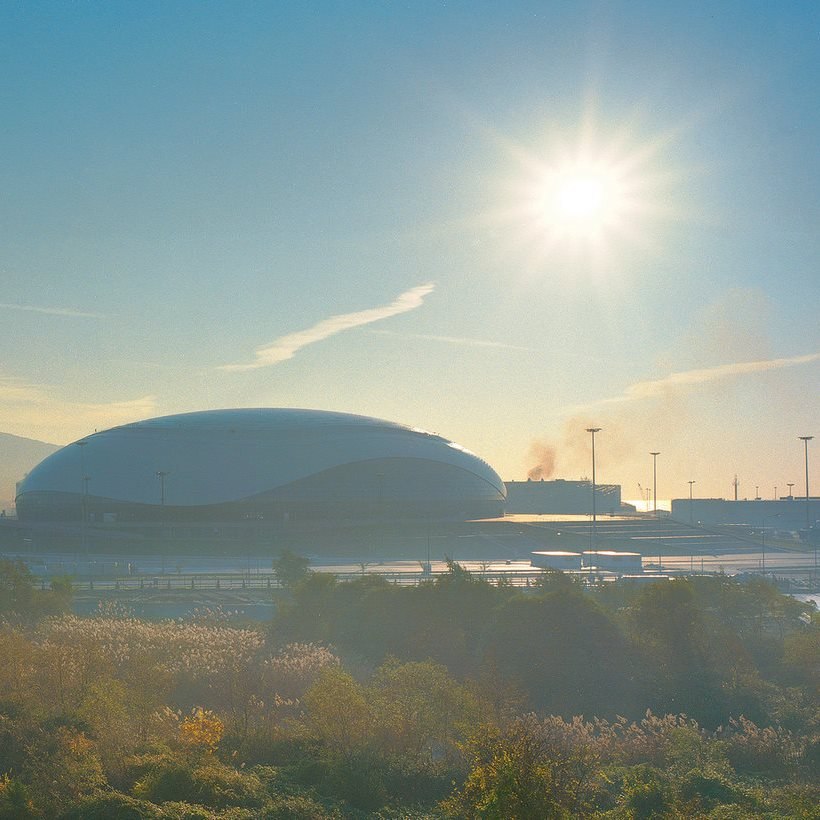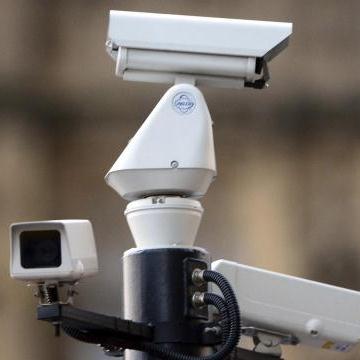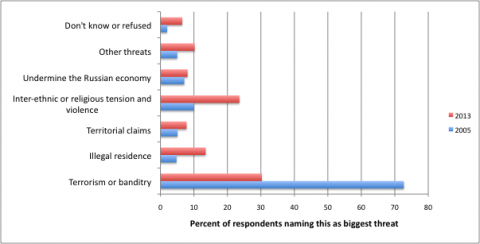(The New York Times Magazine) Anatoly Pakhomov was elected mayor of Sochi after the type of ersatz campaign that passes for democracy in Russia. It was 2009, and he had been appointed acting mayor — effectively the local manager of the massive construction project already underway — and in Russia incumbency means victory. His many prospective challengers included a K.G.B. veteran accused of poisoning the fugitive secret-service officer Aleksandr Litvinenko with polonium; a prima ballerina who had become even more famous after the Bolshoi dismissed her for being overweight; and a pornographic actress, Yelena Berkova, who ran a campaign ad that showed her gamboling topless along one of the Black Sea beaches that first made Sochi popular in the early 20th century. Many challengers did not even make it to the ballot, barred for various reasons, real and contrived. Those who did qualify as candidates — most significant, Boris Nemtsov, a Sochi native and former deputy prime minister under Russia’s first president, Boris Yeltsin — never had a chance. […]
Putin and his supporters say that these projects are economic-stimulus programs to modernize and expand a sagging economy, but others see a darker underside. In a forthcoming book, “The 2014 Winter Olympics and the Evolution of Putin’s Russia,” two scholars at George Washington University, Robert W. Orttung and Sufian Zhemukhov, argue that what we’re seeing is a return to the national purpose of the Soviet megaprojects, though without an explicit ideology — other than the continuation of Putin’s rule and the enrichment of a new oligarchy. “The games,” they write, “help to promote regime stability by providing a sense of national pride for the masses and a source of rent distribution for key elites whose support is crucial for the leadership to maintain the status quo.”
See the full article ("Putin’s Olympic Fever Dream” by Steven Lee Myers, 2/22/14) © The New York Times











